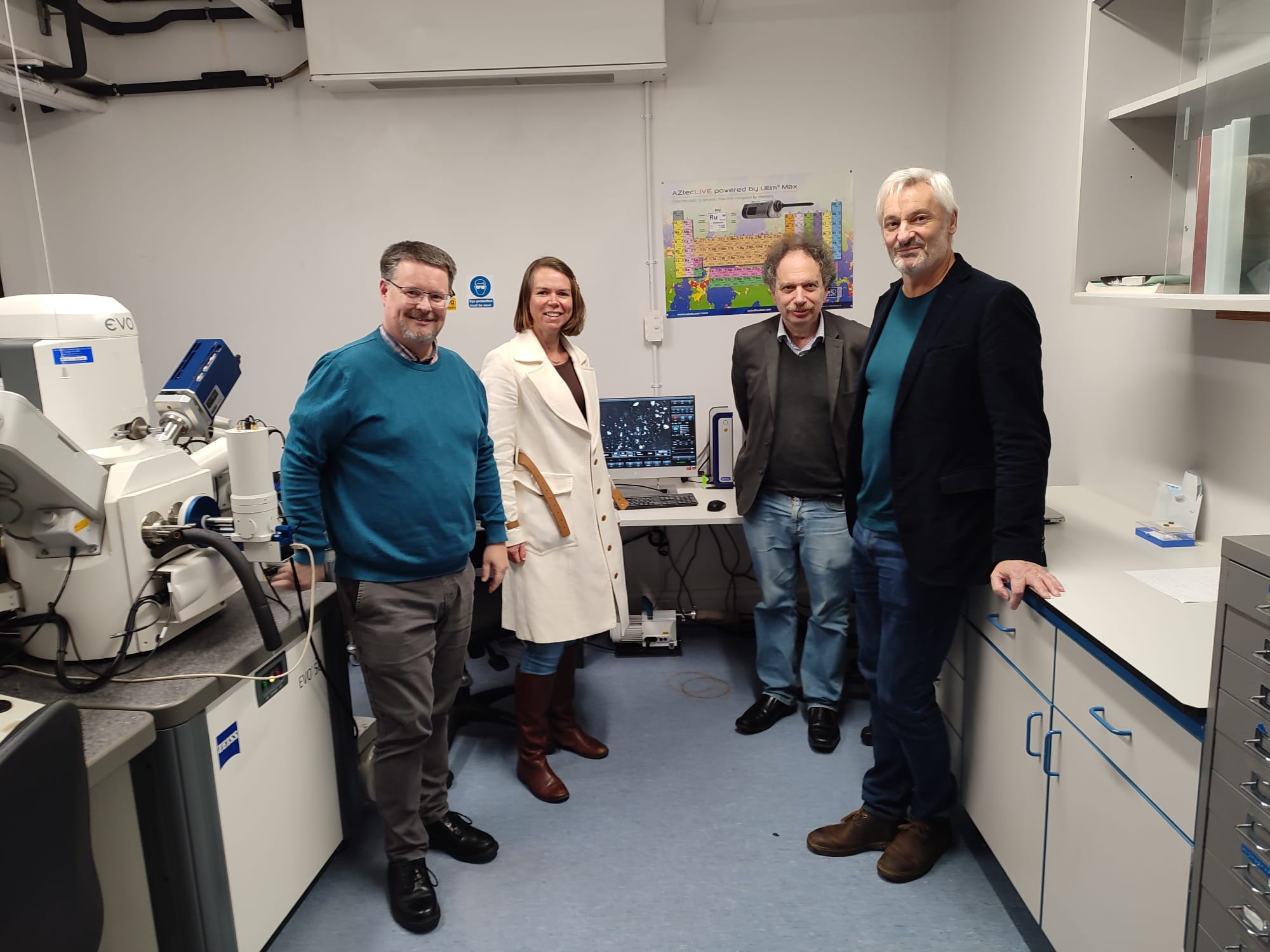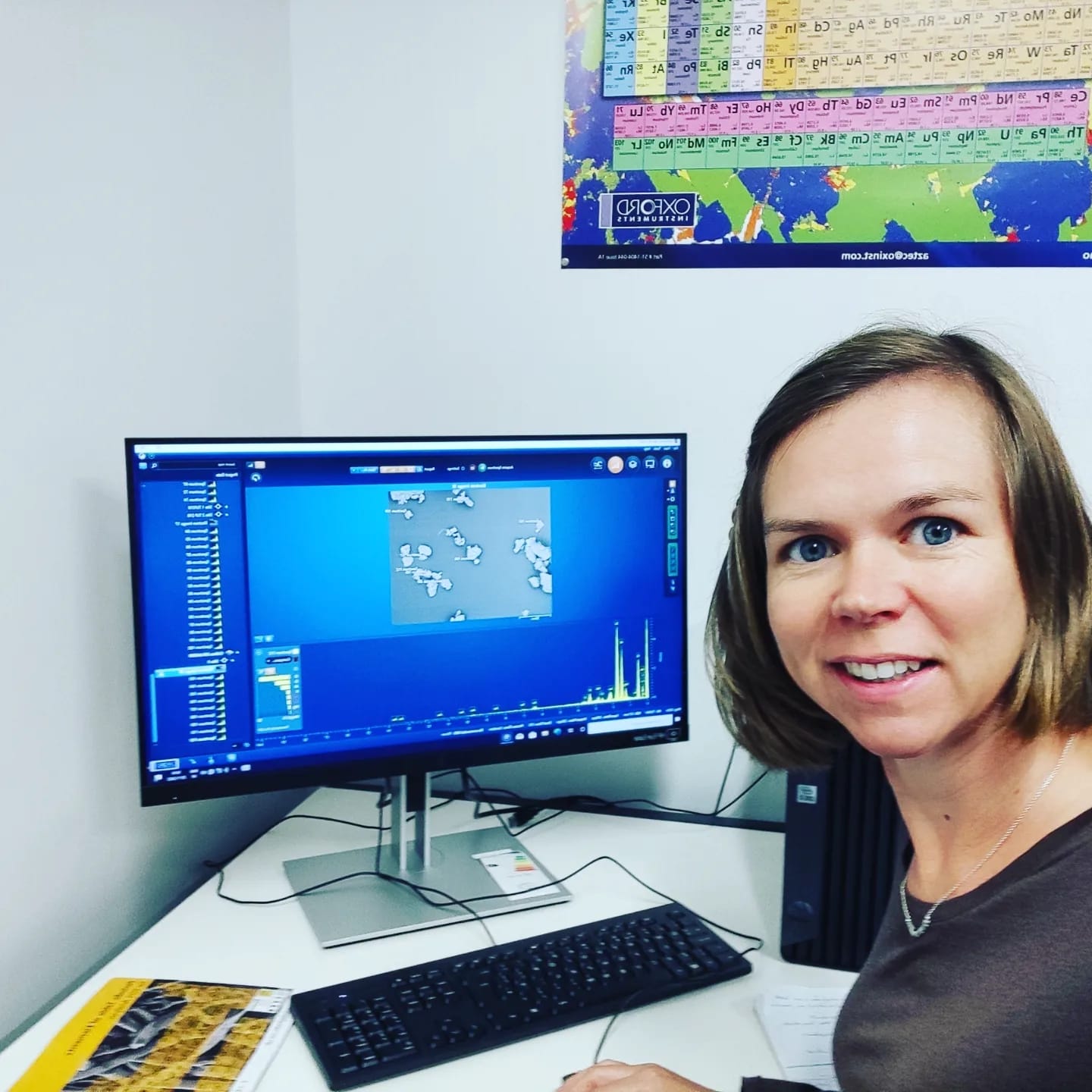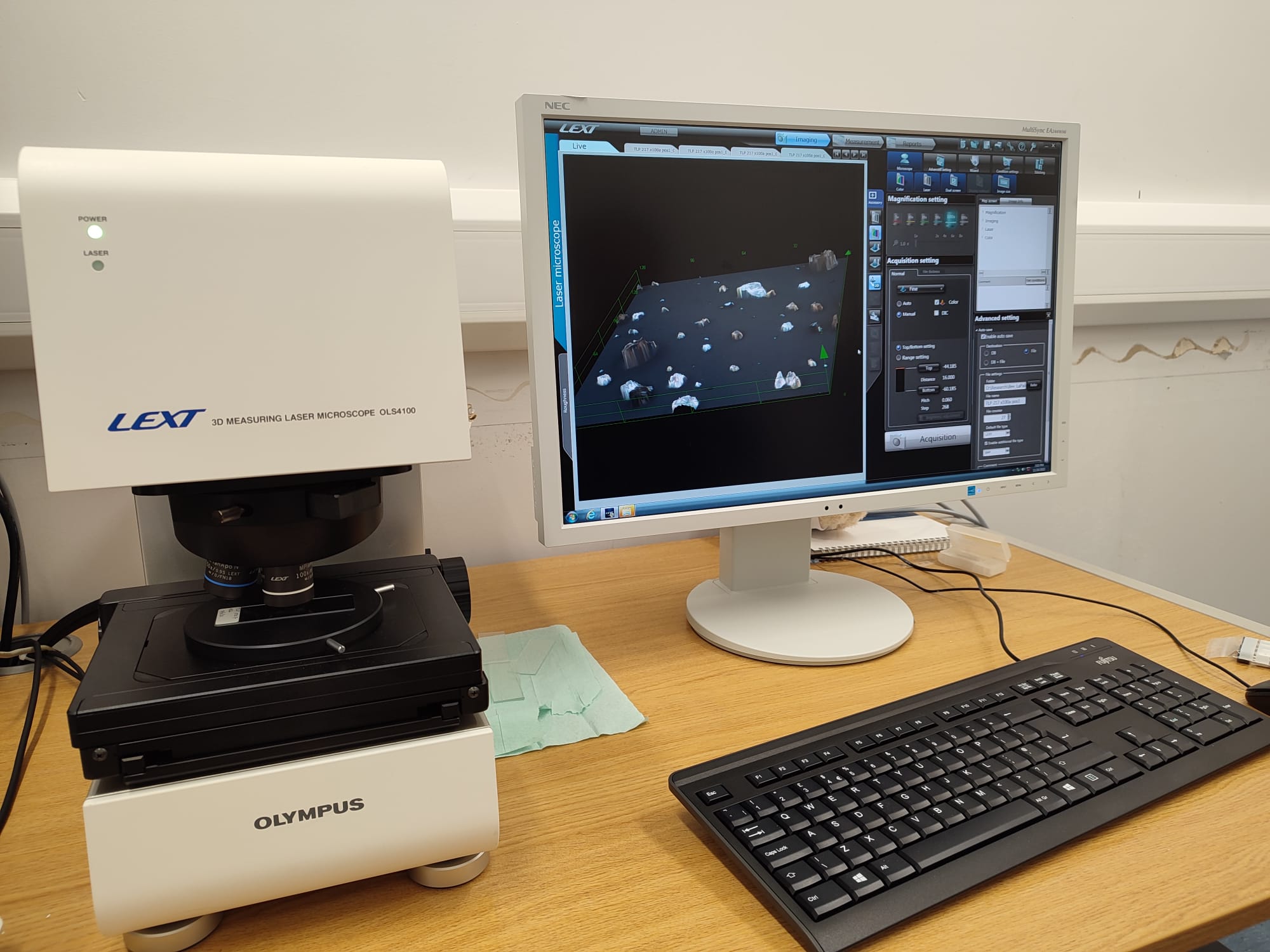The study reveals that volcanic ashes from the Tajogaite volcano in La Palma may have adverse effects on human health, according to a scientific publication by ITER and INVOLCAN.
The Institute of Technology and Renewable Energies (ITER) and the Canary Islands Volcanology Institute (INVOLCAN) announce the recent publication of the study results on the potential impact of volcanic ash on human health.
The research, led by Dr. Beverley Coldwell, Junior Researcher in the Environmental Area of ITER and scientific collaborator of INVOLCAN, in collaboration with experts from prestigious British universities Kingston University, Queen Mary University of London, and Durham University, has been recently published in the prestigious international scientific journal «Science of The Total Environment,» published by Elsevier on topics related to the environment and its relationship with humanity.
The investigation is part of a multinational and multidisciplinary project aimed at understanding the mechanisms behind the increase in respiratory disease rates during volcanic eruptions. The study focused on the Tajogaite eruption in Cumbre Vieja, La Palma (Spain), which occurred in September 2021 and lasted for three months.
Previous studies have shown that volcanic ash particles may be associated with adverse effects on human health; however, the reasons for this are not clear. Therefore, the objective of this scientific collaboration was to study the 3D structure, elemental composition, and effects of particles collected from the La Palma volcanic eruption on cultured lung cells.
Cutting-edge technology, such as the LEXT OLS4100 confocal microscope from Olympus Corporation (Japan) was used to obtain 3D images of volcanic ash particles of PM10 size and below, and the scanning electron microscope (SEM) Zeiss EVO 50 from Carl Zeiss AG (Germany) was used to analyze the elemental composition of the particles. Additionally, the dose-response of volcanic particle concentration for pneumococcal adhesion to human alveolar epithelial cells A549 was investigated.
The results obtained indicate that Tajogaite volcanic particles increased pneumococcal adhesion and PAFR expression in A549 lung cells and human nasal epithelial cells in in vitro tests. Additionally, it was observed that volcanic particles have angular and sharp morphological characteristics, which could affect cellular absorption. These findings suggest that, in addition to their toxic nature, the morphological characteristics of the particles may explain the adverse health effects associated with volcanic eruptions.
This scientific collaboration was made possible in part thanks to the funding from Barts Charity, United Kingdom (Ref: MGU0312), and The Medical College of Saint Bartholomew’s Hospital Trust (Ref: 17/LO/1752), as well as the projects VOLRISKMAC II (MAC2/3.5b/328), co-financed by the European Commission’s INTERREG V-A Spain-Portugal MAC 2014–2020 program, and Cumbre Vieja Emergencia, funded by the Ministry of Science and Innovation of the Government of Spain.
This study highlights the importance of understanding the impact of volcanic eruptions on public health and provides new perspectives for future research in the field.



